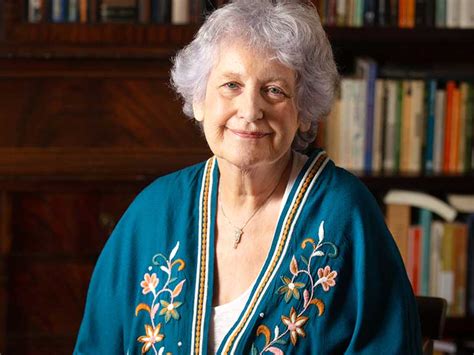Top 26 Quotes & Sayings by Wendy Cope
Explore popular quotes and sayings by an English poet Wendy Cope.
Last updated on December 21, 2024.
At lunchtime I bought a huge orange The size of it made us all laugh. I peeled it and shared it with Robert and Dave— They got quarters and I had a half. And that orange it made me so happy, As ordinary things often do Just lately. The shopping. A walk in the park This is peace and contentment. It's new. The rest of the day was quite easy. I did all my jobs on my list And enjoyed them and had some time over. I love you. I'm glad I exist.
On Waterloo Bridge where we said our goodbyes, the weather conditions bring tears to my eyes. I wipe them away with a black woolly glove And try not to notice I've fallen in love On Waterloo Bridge I am trying to think: This is nothing. you're high on the charm and the drink. But the juke-box inside me is playing a song That says something different. And when was it wrong? On Waterloo Bridge with the wind in my hair I am tempted to skip. You're a fool. I don't care. the head does its best but the heart is the boss- I admit it before I am halfway across























